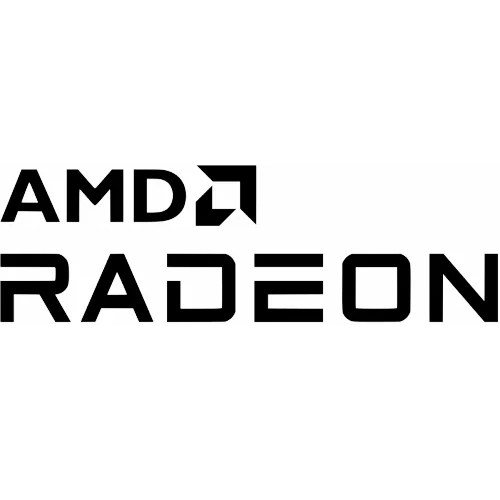RADV's "ACO" Shader Backend Still Pursuing RadeonSI, Early Work On RDNA 2

ACO in recent form is largely at parity to the AMDGPU LLVM back-end, supports all released GCN and RDNA graphics processors, and as mentioned in numerous Phoronix articles is the RADV default back-end. As shown in Phoronix benchmarks including some recent tests, RADV+ACO is faster than AMDGPU LLVM and the official AMD Linux driver options. ACO largely continues to be the work of Valve.
During the presentation Timur indicated around RDNA 2 (Radeon RX 6000 series) "working on it". As mentioned previously, they started adding this RDNA 2 support to ACO albeit there is no public documentation and they don't have any hardware yet so it's been a matter of browsing the AMDGPU LLVM code for GFX1030 and making changes in that regard.
Similarly, ACO is also looking at ray-tracing support given the AMDGPU LLVM RT support published yesterday. But likewise they will be waiting until having RDNA 2 hardware and further Vulkan work. Mesh shaders is another feature being looked at by ACO developers, including for possible Navi 10 NGG support.
On the matter of porting ACO to RadeonSI Gallium3D OpenGL, it's still being pursued but it's a "long road" that has been started. There still is portions of the ACO code-base dependent upon RADV internals. So they are making progress but nothing to announce this week or in the near-term.
Performance optimizations are always on their mind and for further enhancing the ACO performance they are looking at rapid-packed math and other optimizations to squeeze greater performance out of this compiler back-end.
Timur's presentation was the first talk of the XDC2020 Day 2 livestream.
6 Comments

